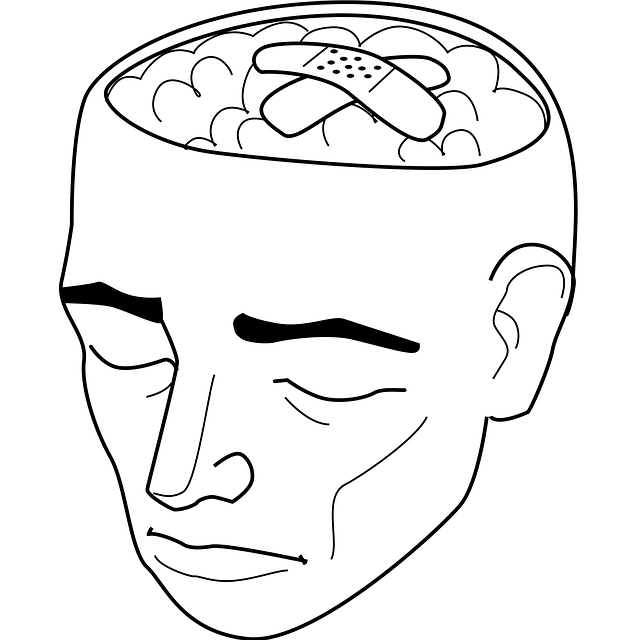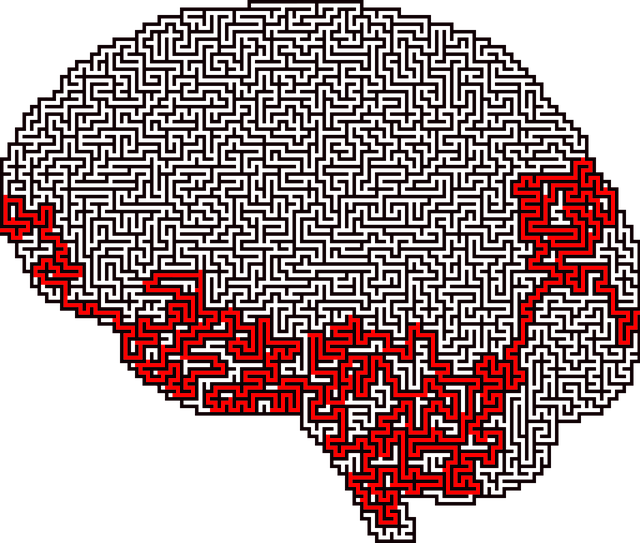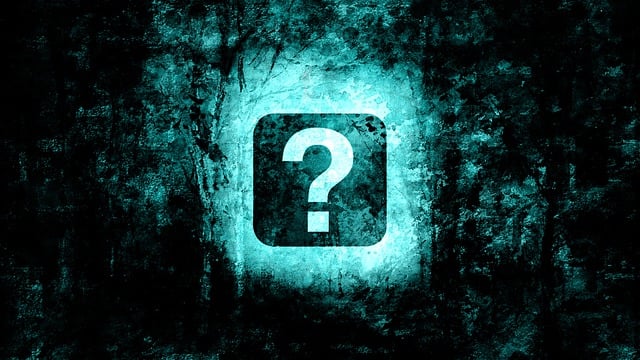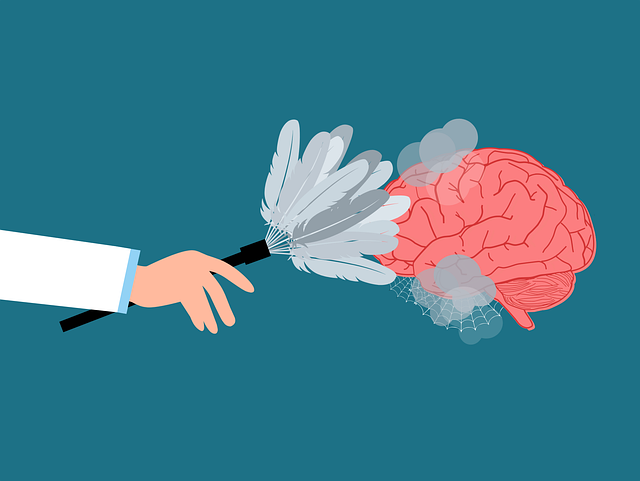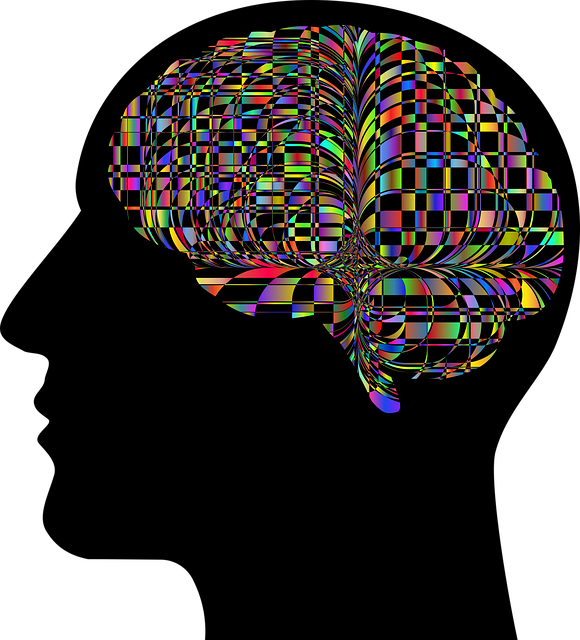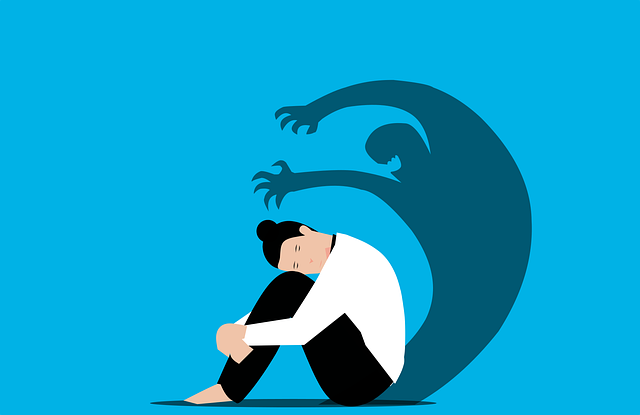The growing recognition of mental wellness has led to an increased demand for accessible tools like mental wellness apps, which cater to diverse needs from education about conditions like Westminster Bipolar Disorder to personalized therapeutic exercises. These apps promote self-care through compassion cultivation, conflict resolution, and mindfulness meditation, helping users manage stress, anxiety, and depression at their own pace and convenience. Key features include mood tracking tools for trigger identification, mental wellness coaching programs, and interactive self-care routines. Privacy and ethical considerations, including data protection regulations and healthcare provider cultural competency training, ensure inclusivity and effectiveness tailored to diverse users while fostering trust and open communication.
In today’s fast-paced world, mental wellness apps are becoming increasingly vital tools for managing conditions like bipolar disorder. This article explores the rising demand for these digital solutions, focusing on key features effective in treating bipolar disorder. We delve into essential privacy and ethical considerations in app design, highlighting the importance of responsible development. By understanding user needs, incorporating evidence-based practices, and adhering to strict ethical guidelines, mental wellness apps like Westminster Bipolar Disorder Therapy can significantly enhance global access to care.
- Understanding the Need for Mental Wellness Apps
- Developing Effective Features for Bipolar Disorder Therapy
- Ensuring Privacy and Ethical Considerations in App Design
Understanding the Need for Mental Wellness Apps

In today’s fast-paced world, mental wellness is a topic that has gained significant attention, with more people recognizing the importance of prioritizing their psychological health. This shift in awareness has led to a growing demand for accessible and convenient tools to support individual well-being, which is where mental wellness apps come into play. With the help of technology, these applications offer a wide range of services, from providing information and education about various mental health conditions like bipolar disorder in Westminster, to offering therapeutic exercises tailored to specific needs.
Mental wellness apps not only cater to those actively seeking therapy but also serve as valuable resources for promoting self-care practices. Incorporating compassion cultivation techniques, conflict resolution skills, and mindfulness meditation can help users manage stress, anxiety, and depression. By making these evidence-based therapies readily available through digital platforms, individuals can take control of their mental health journey at their own pace and convenience, ensuring a more inclusive and accessible approach to care.
Developing Effective Features for Bipolar Disorder Therapy

In developing apps for bipolar disorder therapy, it’s crucial to incorporate features that cater to the unique needs and challenges faced by individuals living with this condition. One effective approach is integrating Westminster Bipolar Disorder Therapy techniques into the app, such as mood tracking tools that help users identify triggers and patterns. These features should allow for detailed logging of moods, activities, and medications, enabling a collaborative effort between the user and their healthcare provider.
Additionally, incorporating modules focused on mental wellness coaching programs development can offer personalized guidance and strategies for managing symptoms. Encouraging self-care routines through interactive features like meditation exercises, mindfulness techniques, and educational resources on self-care routine development for better mental health can significantly enhance the app’s therapeutic value. Moreover, integrating a component for healthcare provider cultural competency training ensures that the app caters to a diverse user base, promoting inclusive and effective therapy.
Ensuring Privacy and Ethical Considerations in App Design

In the realm of mental wellness app development, prioritizing privacy and ethical considerations is paramount. Users, especially those seeking therapy for conditions like Westminster Bipolar Disorder, must feel secure sharing their personal struggles. Developers must adhere to stringent data protection regulations, ensuring user information remains confidential and inaccessible to unauthorized parties.
Ethical design encompasses features promoting responsible use and transparency. This includes clear consent mechanisms, user control over data sharing, and robust security measures. By integrating these practices, mental wellness apps can foster trust, encourage open communication, and ultimately support the development of inner strength while mitigating burnout prevention risks associated with prolonged digital engagement.
Mental wellness apps have become crucial tools in modern healthcare, offering accessible support for various conditions. As demonstrated by Westminster Bipolar Disorder Therapy, app development focused on specific mental health challenges can significantly enhance patient care and engagement. By incorporating effective features like mood tracking, personalized education, and coping strategy libraries, these applications provide users with a convenient and discreet way to manage their bipolar disorder. However, developers must also prioritize privacy and ethical considerations to build trust and ensure user safety, ensuring that these apps live up to their potential as transformative digital therapeutics.
